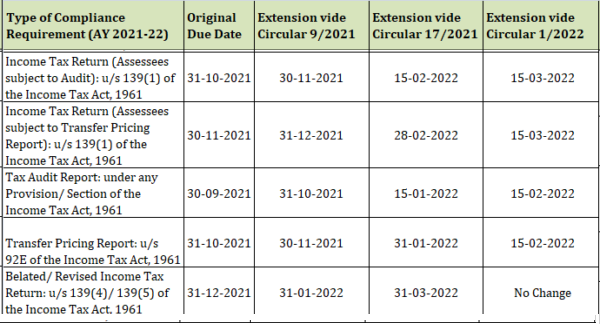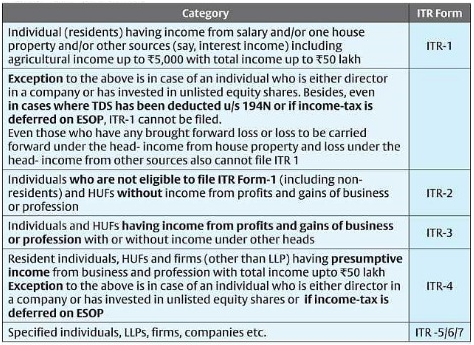 Income of any fund or institution or trust or any university or other educational institution or any hospital or other medical institution referred to in sub-clause (iv) or subclause (v) or sub-clause (vi) or sub-clause (via) of clause (23C) of section 10 (hereinafter referred to as trust or institution under the first regime) of the Income-tax Act, 1961 (hereinafter referred to as the Act) or any trust or institution registered under section 12AA or section 12AB of the Act (hereinafter referred to as trust or institution under the second regime) is exempt subject to fulfilment of certain conditions specified under various sections of the Act.
Income of any fund or institution or trust or any university or other educational institution or any hospital or other medical institution referred to in sub-clause (iv) or subclause (v) or sub-clause (vi) or sub-clause (via) of clause (23C) of section 10 (hereinafter referred to as trust or institution under the first regime) of the Income-tax Act, 1961 (hereinafter referred to as the Act) or any trust or institution registered under section 12AA or section 12AB of the Act (hereinafter referred to as trust or institution under the second regime) is exempt subject to fulfilment of certain conditions specified under various sections of the Act.
One of the conditions required to be fulfilled by the trust or institution in order to be eligible to claim exemption under the first regime, is laid down in clause (b) of the tenth proviso to clause (23C) of section 10 of the Act. This states that in case the total income of the trust or institution, as computed under the Act without giving effect to the provisions of exemption under the first regime, exceeds the maximum amount which is not chargeable to income-tax in any previous year, the trust or institution is required to get its accounts audited and furnish the audit report in the prescribed Form before the specified date.
A similar condition is in place for trust or institution under the second regime in subclause (ii) of clause (b) of sub-section (1 ) of section 12A of the Act.
Rule 16CC and 17B of the Income-tax Rules, 1962 (hereinafter referred to as the Rules) prescribe the form of audit report for trust or institution under the first and second regime respectively. They provide that the report of audit of the accounts of a trust or institution, shall be furnished in –
(a) Form No. l0B where,
(i) the total income of trust or institution, exceeds rupees five crores during the previous year; or
(ii) such trust or institution has received any foreign contribution during the previous year; or
(iii)such trust or institution has applied any part of its income outside India during the previous year;
(b) Form No. 10BB in other cases.
The new forms, Form No. l0B/ Form No. l0BB, were notified vide Notification No. 7 of 2023 dated 21st February, 2023. The above prescription was put in place w.e.f. 01.04.2023, vide the Income-tax (Third Amendment) Rules, 2023, and is therefore, effective for assessment year 2023-24 and subsequent assessment years. The due date for furnishing such audit reports for the A.Y. 2023-24 was 31st October, 2023.
It has come to the attention of the Board that in a number of cases trusts/ institutions have furnished audit report in Form No. l0B, where Form No. 10BB was required to be furnished for the A.Y. 2023-24. Similarly, in a number of cases trusts/ institutions have furnished audit report in Form No. 10BB, where Form No. l0B was required to be furnished for the A.Y. 2023-24. As noted above, non-furnishing of audit report in the prescribed form would result in denial of exemption in such cases as it is one of the conditions which is required to be satisfied for claim of exemption.
In view of the above, the Central Board of Direct Taxes, in exercise of its powers under section 119 of the Act has allowed those trusts/ institutions which have furnished audit report on or before 31st October, 2023 in Form No. l0B where Form No. 10BB was applicable and vice-versa, to furnish the audit report under clause (b) of the tenth proviso to clause (23C) of section 10 and sub-clause (ii) of clause (b) of sub-section (1) of section l2A of the Income-tax Act, 1961, in the applicable Form No. l0B/ 10BB for the assessment year 2023-24, on or before 31st March, 2024. Please refer to CBDT Circular 2/2024 dated: 05th March 2024. Please furnish audit report in correct prescribed form for AY 2023-24 on or before 31st March 2024 to claim exemption.





